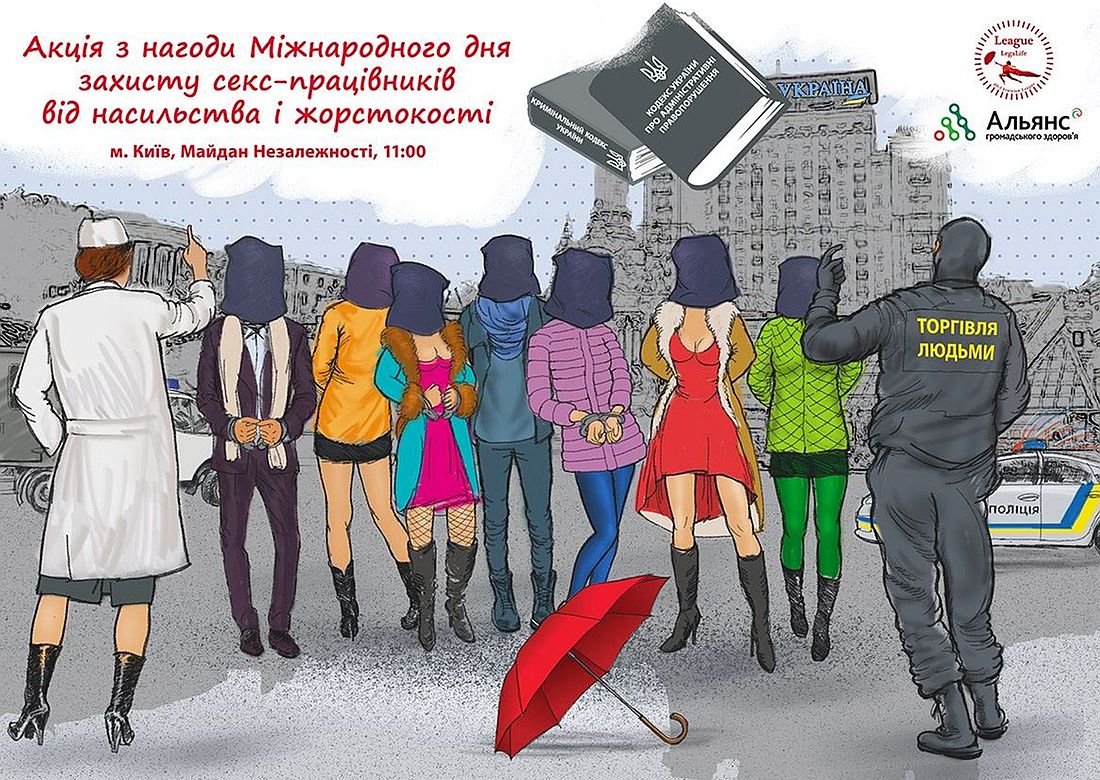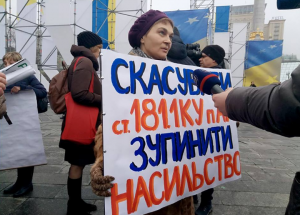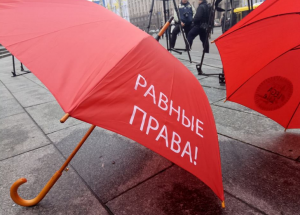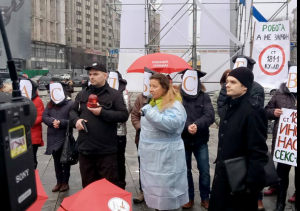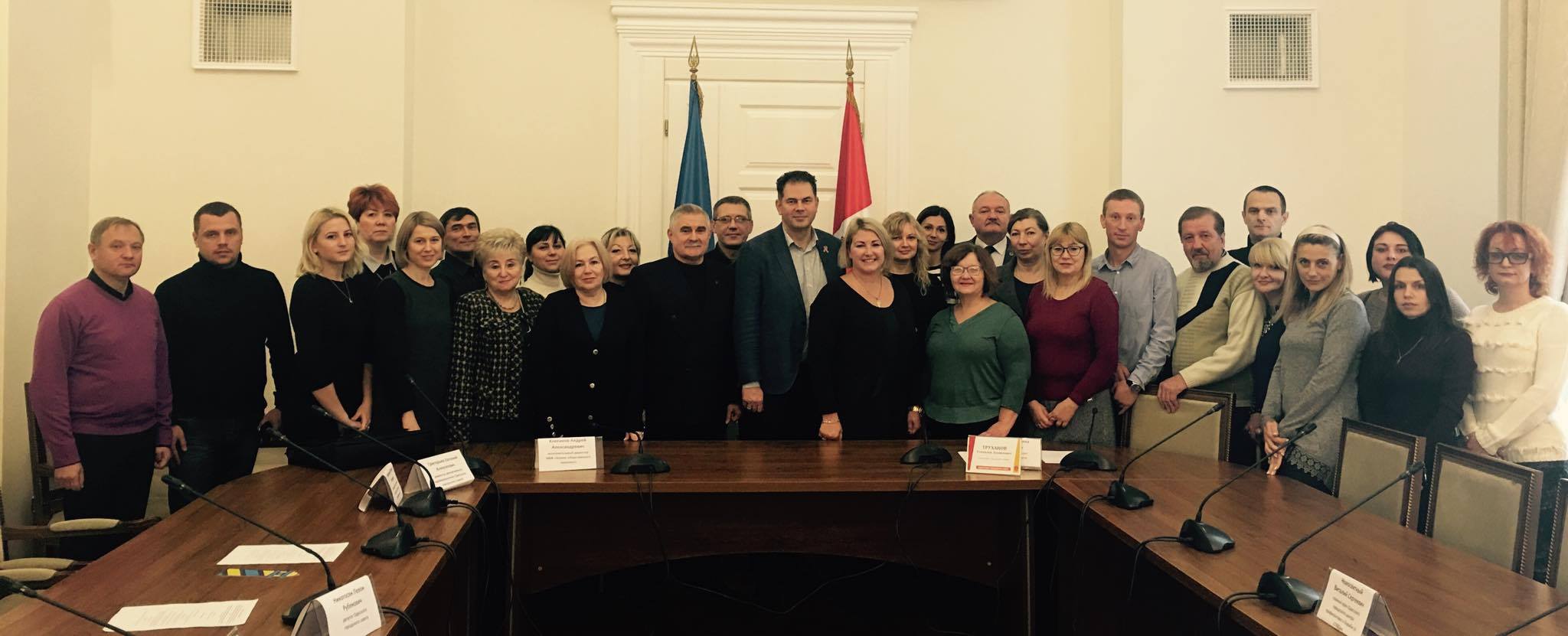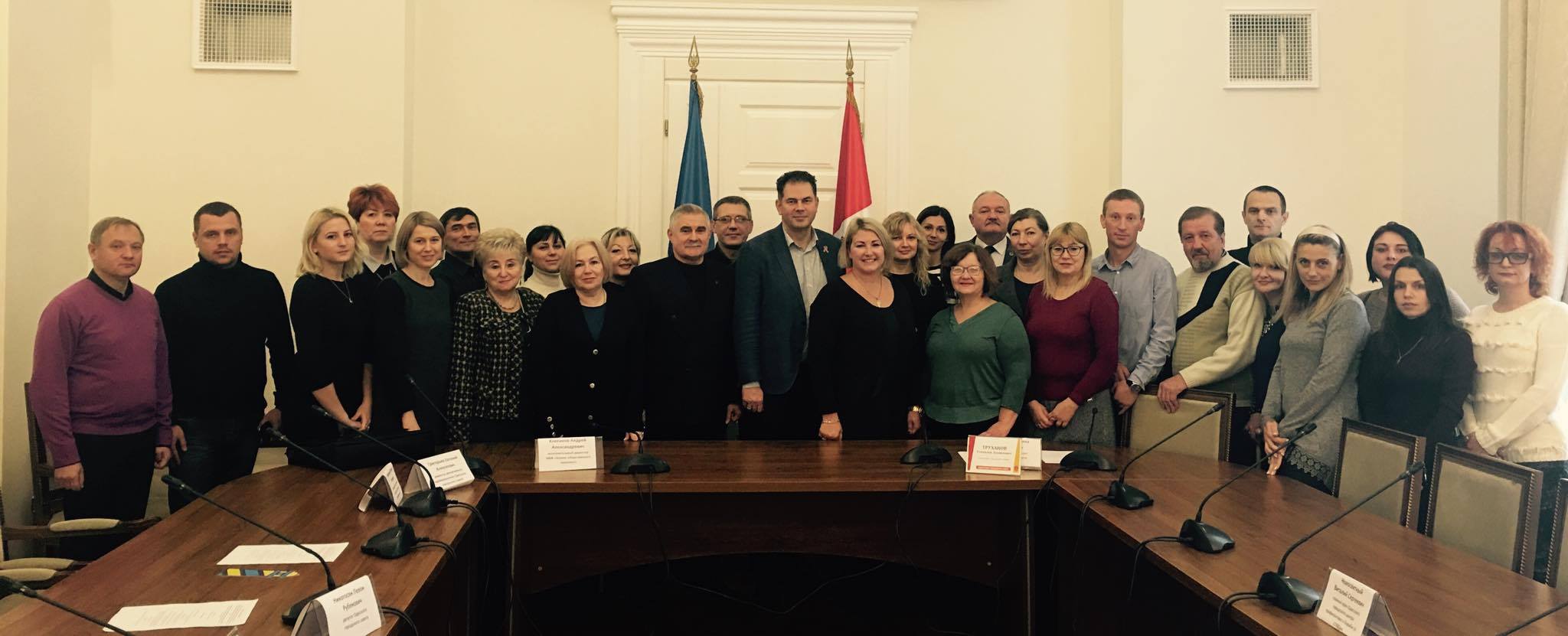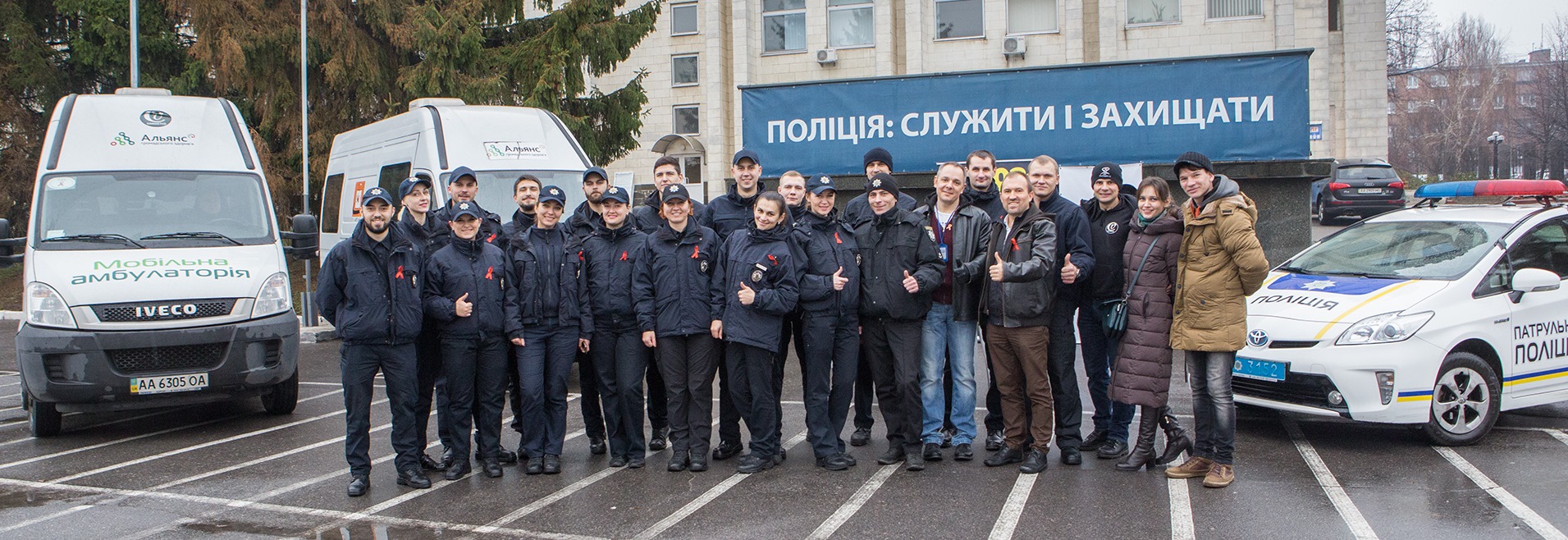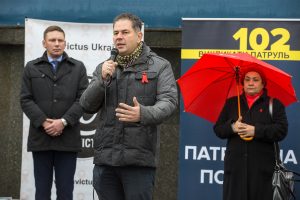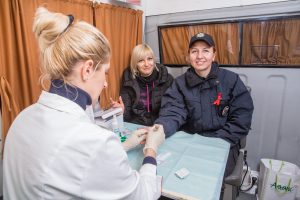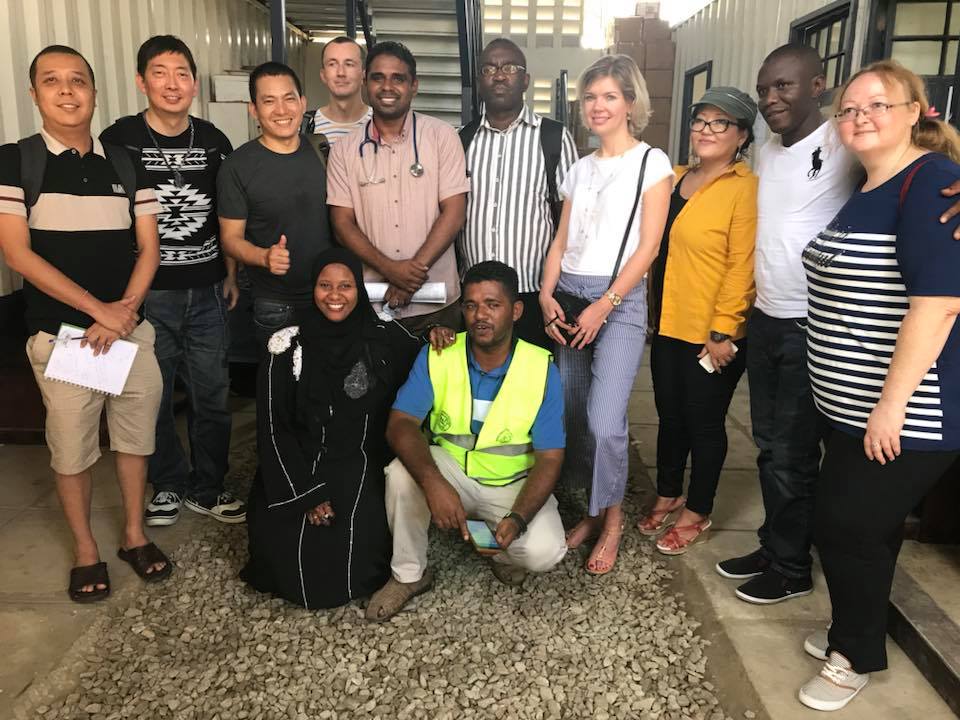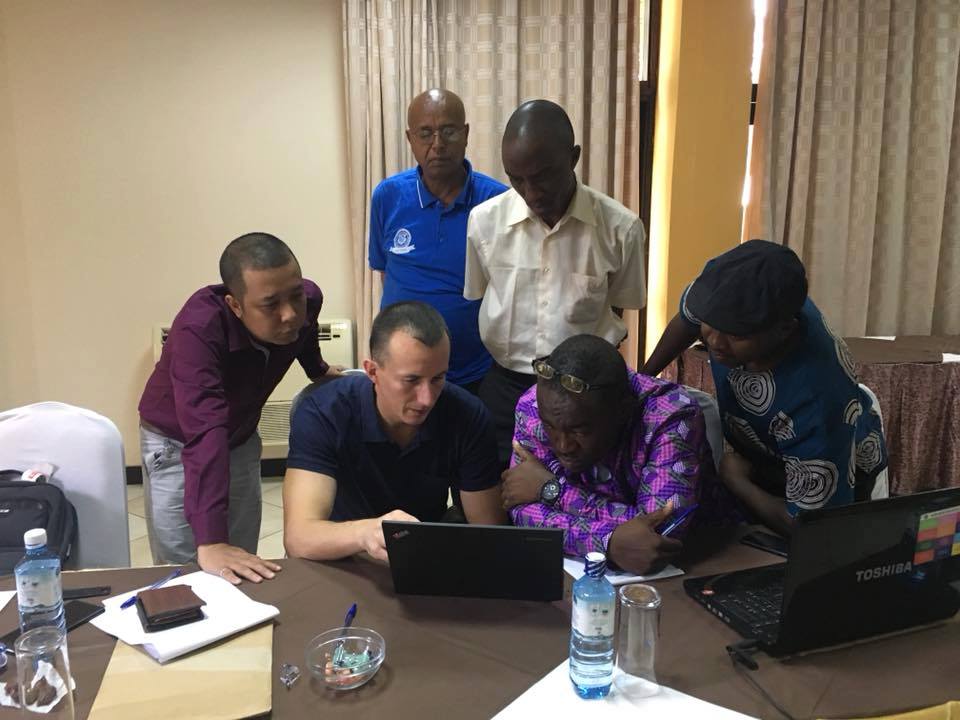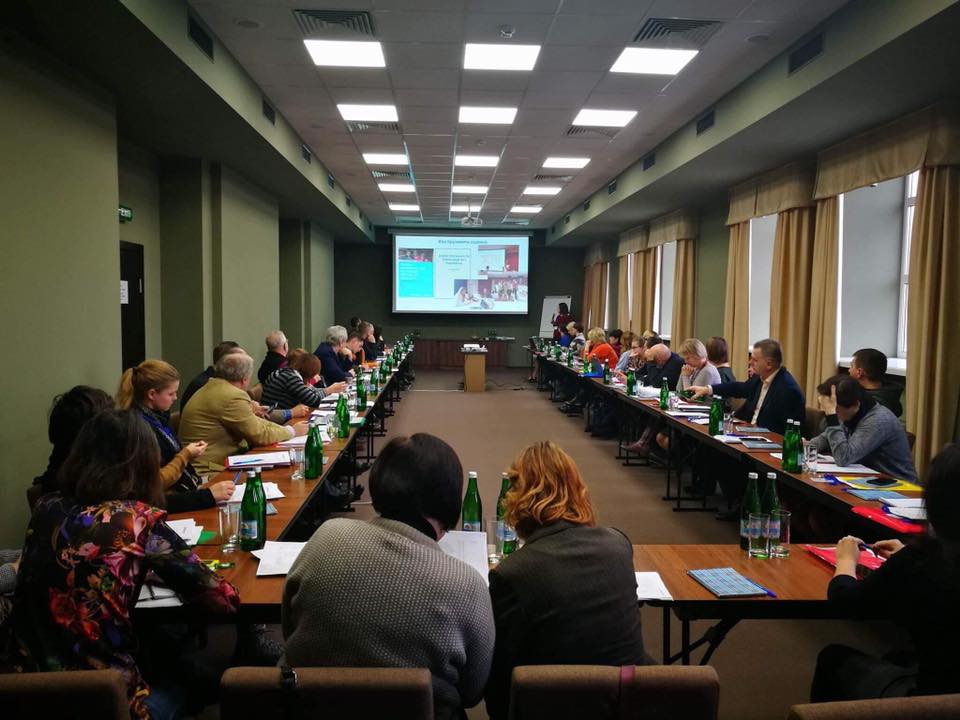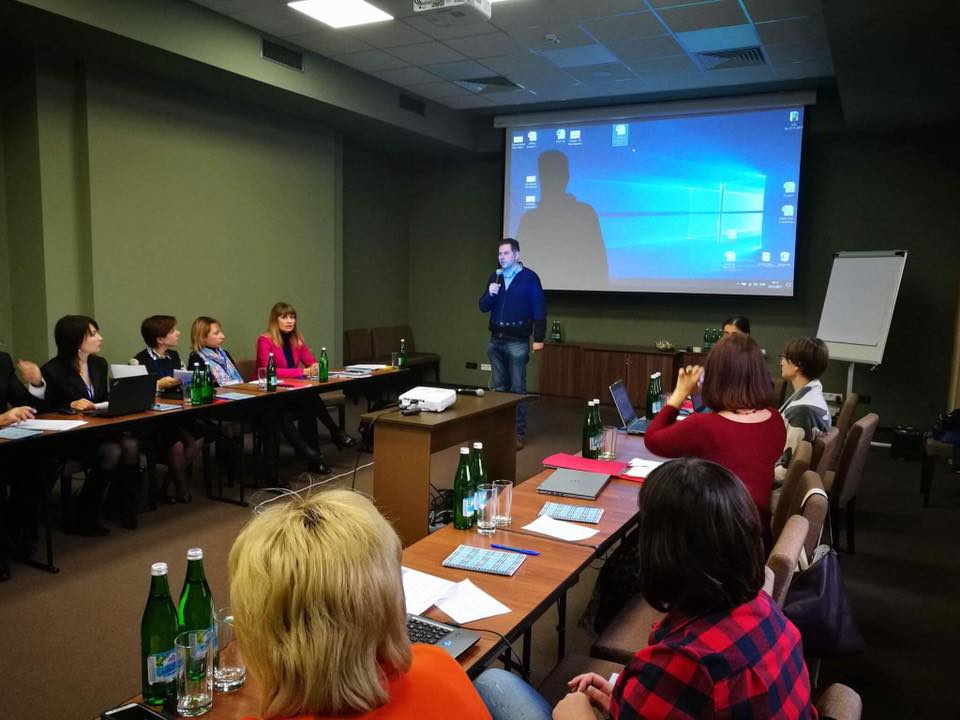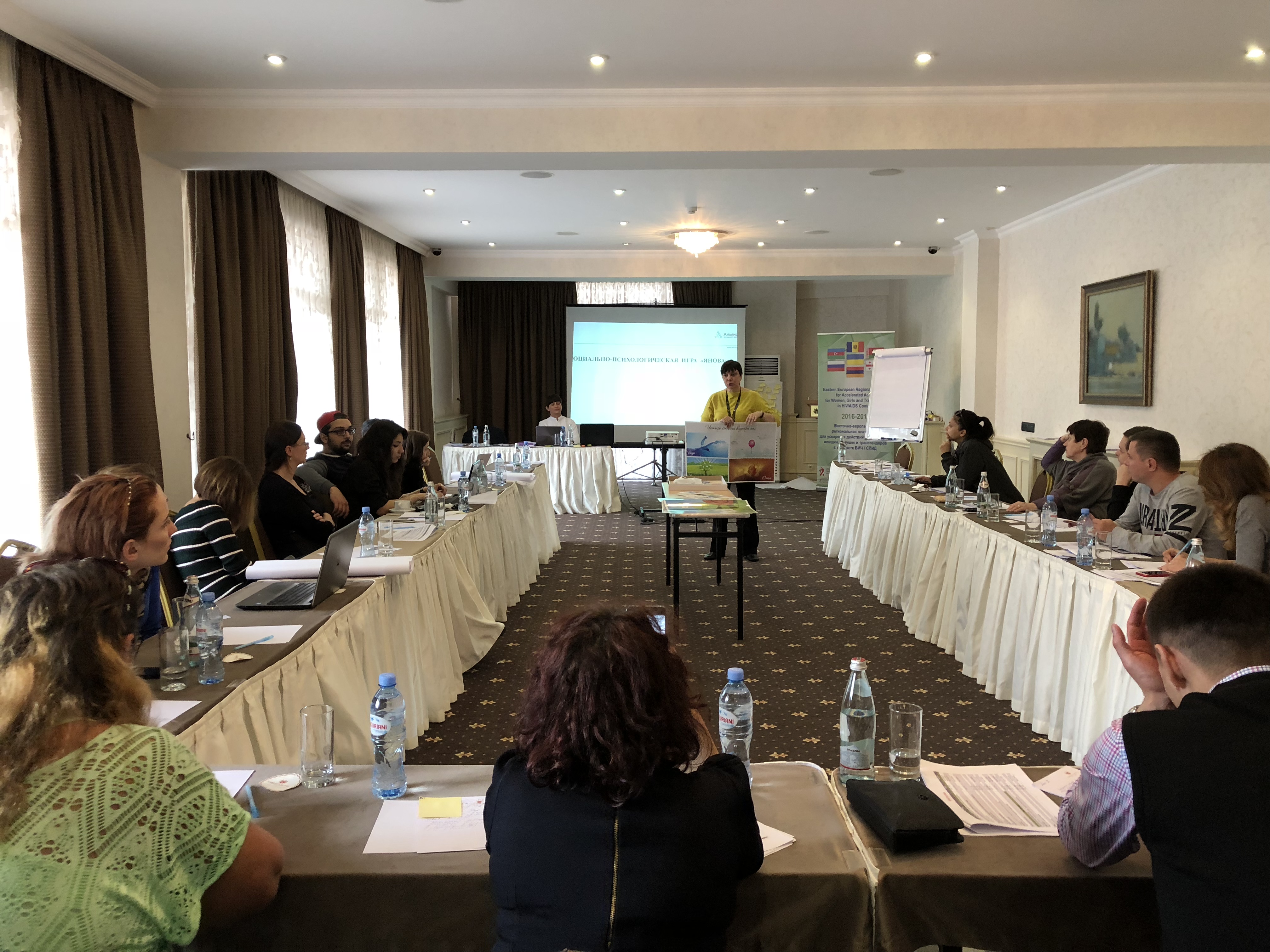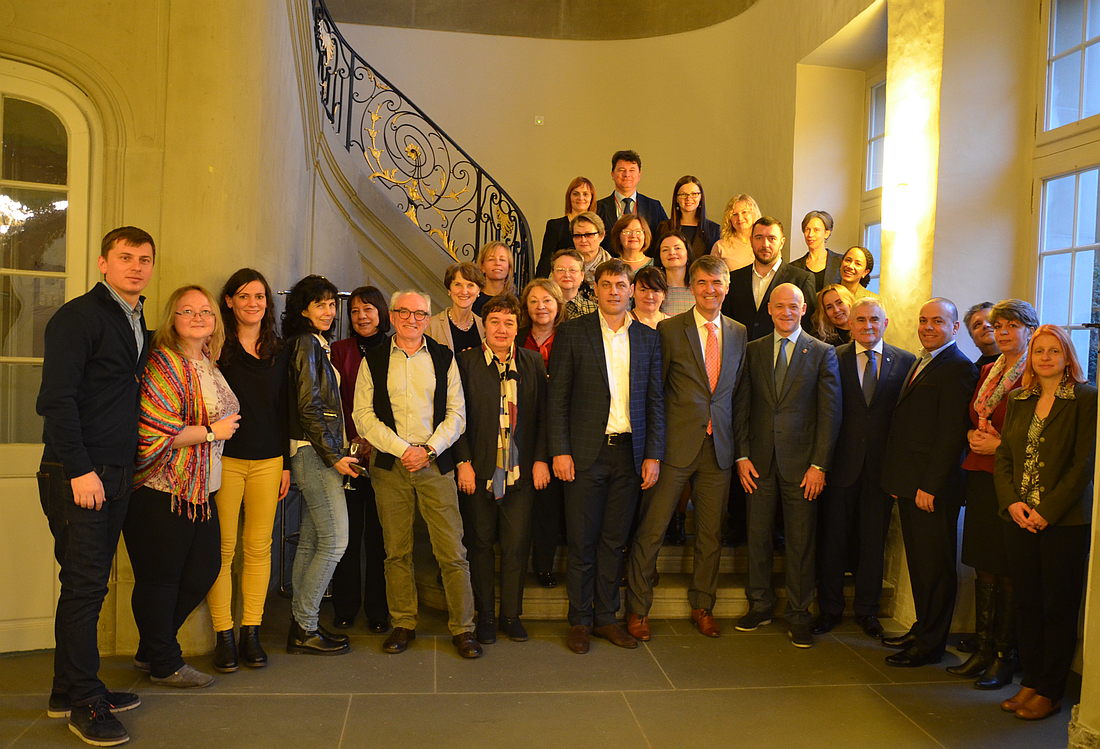Every second HIV-positive Ukrainian, namely 50%, does not know about his/her status. In Europe, only about 20% of people do not know about their status.
Currently, the highest HIV prevalence in Europe is registered in Ukraine; according to estimates, 238 000 people of all ages had HIV at the beginning of 2017.
The All-Ukrainian Network of PLWH and the Alliance for Public Health have come together for the common purpose of removing an unofficial taboo on HIV/AIDS, raising awareness of the various HIV testing possibilities and encouraging people to test in any way convenient for them:
– At official testing sites. On the website HIVtest.com.ua http://www.hivtest.com.ua/ua/ , you can find the nearest testing sites using geolocation.
– Individually, using rapid HIV test. How to get tested using self-test within 15 minutes is explained in detail on the website Selftest.org.ua https://selftest.org.ua/
– Using the online test on the website HIVtest.com.ua http://www.hivtest.com.ua/ua/ or using the mobile HIV test application, which will identify the risks of infection and advise you to be tested for HIV in reality, if necessary.
“Ukraine has a real chance to stop the epidemic. For the first time, we have conditions when free modern treatment is available to patients with HIV, which allows them to live a full life. The main challenge today is the public’s awareness of its status,” said Dmytro Sherembey, the Head of the All-Ukrainian Network of PLWH. “It is important for people to realize that ignoring HIV is deadly. The sooner you detect the disease, more quickly you start the therapy, which is the key to save health and life. We have specially developed a mobile HIV test application that will allow anyone to evaluate the risk of infection anonymously and find out where and how to get tested for HIV.”
“The major task today is to draw people’s attention to the necessity of timely and regular testing for HIV. It’s simple, just as never before,” said Andriy Klepikov, the Executive Director of the Alliance for Public Health. “Testing can be absolutely anonymous both in health care institutions and independently; rapid HIV tests for self-testing are becoming more popular and accessible.”
In 2016, the World Health Organization recommended self-testing as one of the most effective methods to access HIV testing services, especially among at-risk populations and young people. On the website Selftest.org.ua, you can receive information about basic steps of self-testing, find out where to find the test system and what to do in case of a positive result.
Since November 15, an all-Ukrainian social and information campaign “HIV is Invisible. Get Tested and Save Life!” has started in the form of outdoor teaser social advertising in the largest cities of Ukraine and on the Internet.
Especially for the campaign, vivid and extraordinary visual solutions have been developed to attract the public’s attention by raising interest in the topic and further revealing the idea in the pleaser part of the campaign.
Teaser part of the campaign: (15-30 November):
Pleaser part of the campaign (1-31 December):
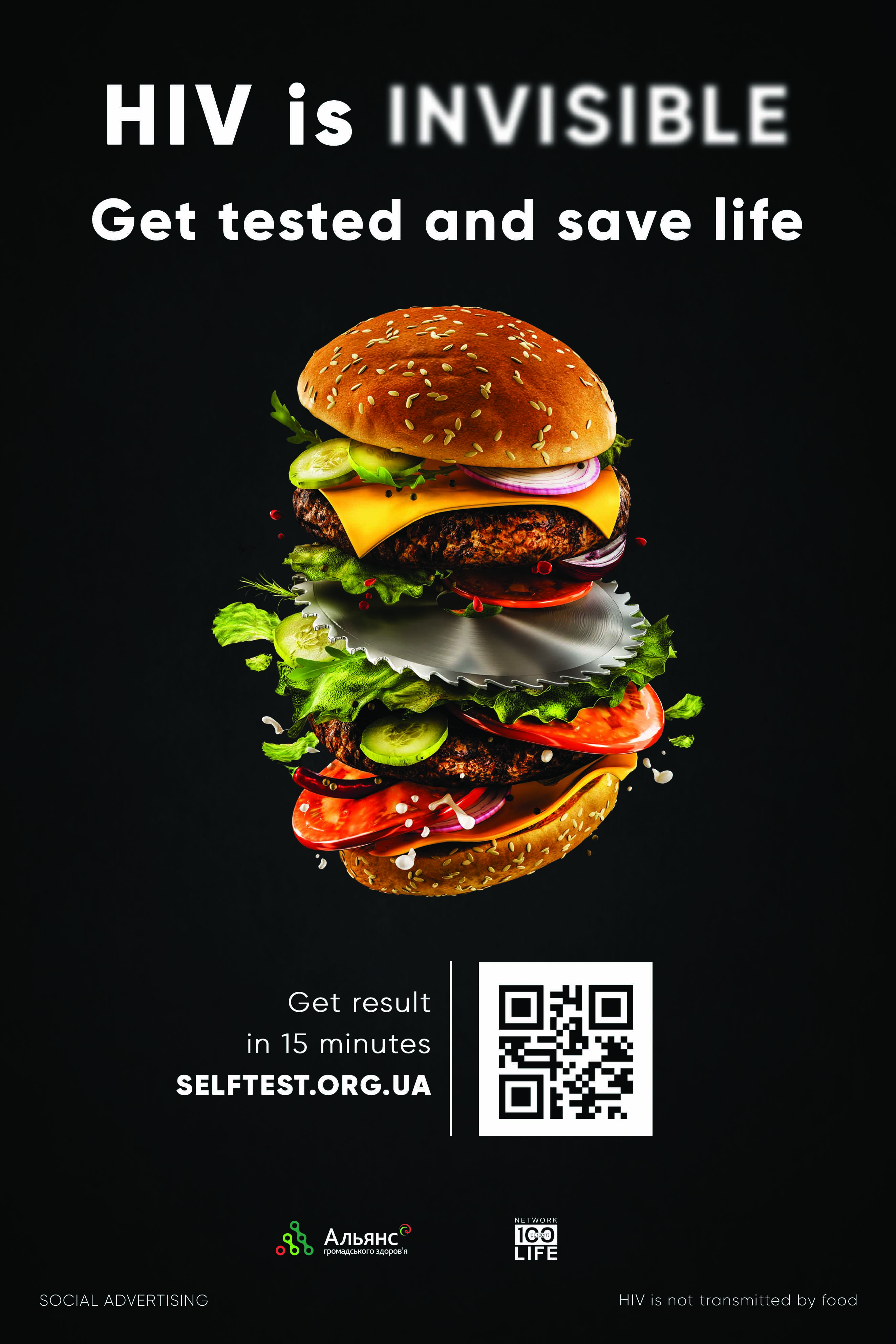
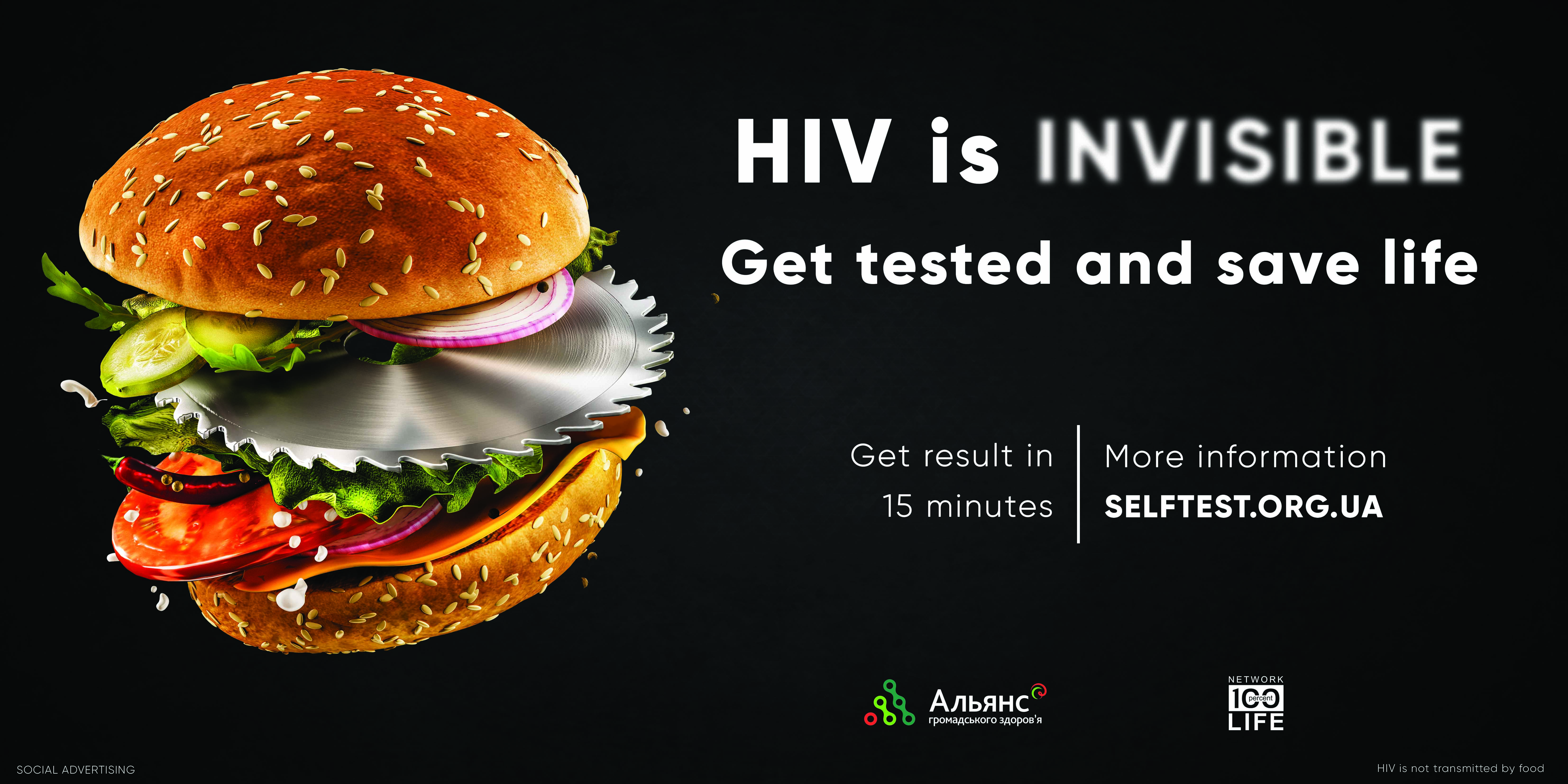
The main campaign will last from 1 to 31 December and include webinars and flash mobs for young people with the participation of well-known people, as well as promotion on the Internet and in social networks, and also the opportunity to take a free anonymous HIV test in mobile laboratories in Kyiv, Odesa, Kharkiv, Lviv, Dnipro, and Zaporizhzhia.
About the All-Ukrainian Network of PLWH:
The All-Ukrainian Network of People Living with HIV/AIDS is the largest patients’ organization in Ukraine. The aim of the organization is 100% access to treatment for each patient in Ukraine. We strive for improving the quality of life for HIV-positive people and fully promoting the rights and responsibilities of citizens living with HIV. Together with our partners, we are actively working to stop the HIV/AIDS epidemic, as well as hepatitis and tuberculosis in Ukraine. More information you can find on the website: http://network.org.ua/ or on the Facebook page https://www.facebook.com/All.Ukrainian.Network.of.PLWH
About the Alliance for Public Health:
The Alliance for Public Health is a leading professional organization that fights the HIV/AIDS epidemic in Ukraine through the implementation of HIV prevention programmes and provision of qualified technical support in cooperation with the Ministry of Health, other government agencies and non-governmental organizations. More information you can find on the website: http://www.aph.org.ua or on the Facebook page: https://www.facebook.com/AlliancePublicHealth/


